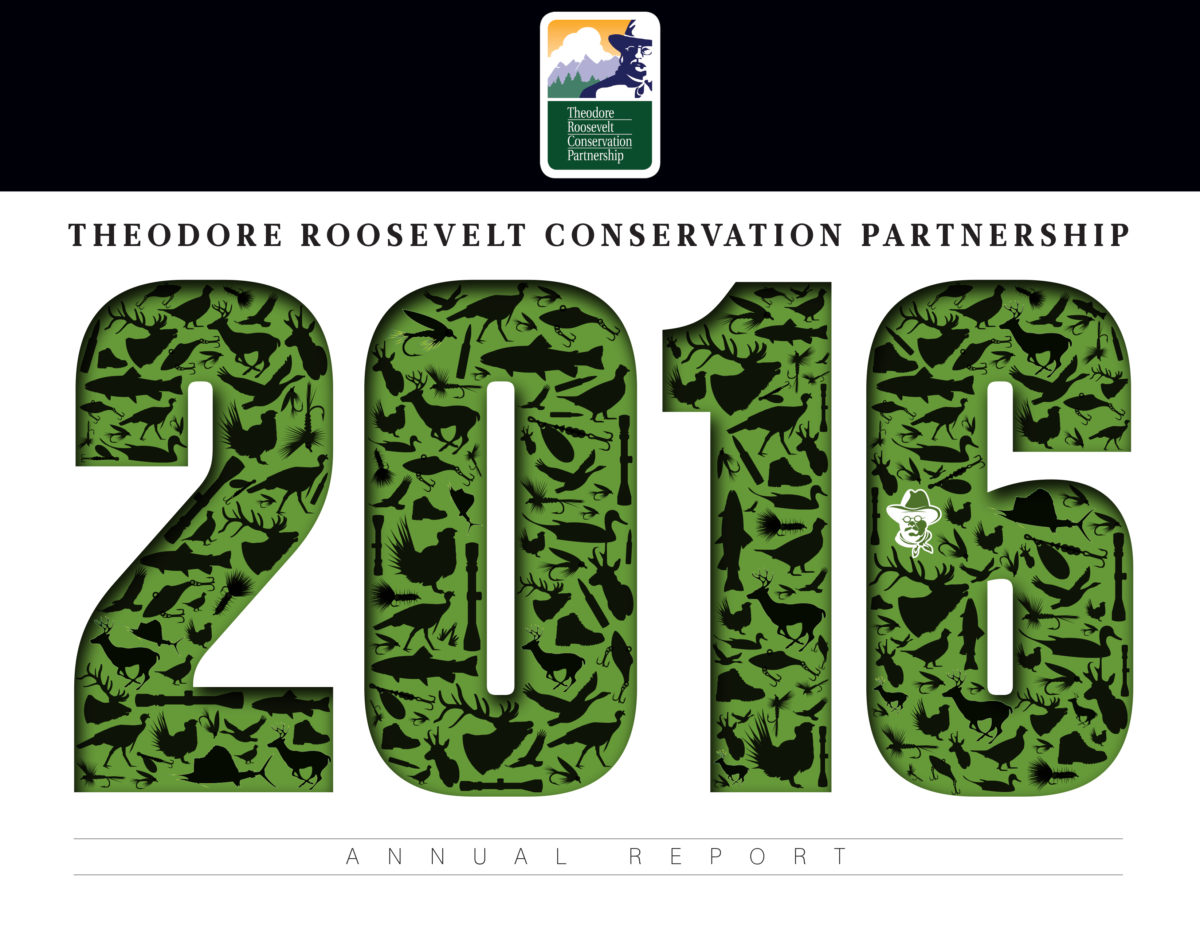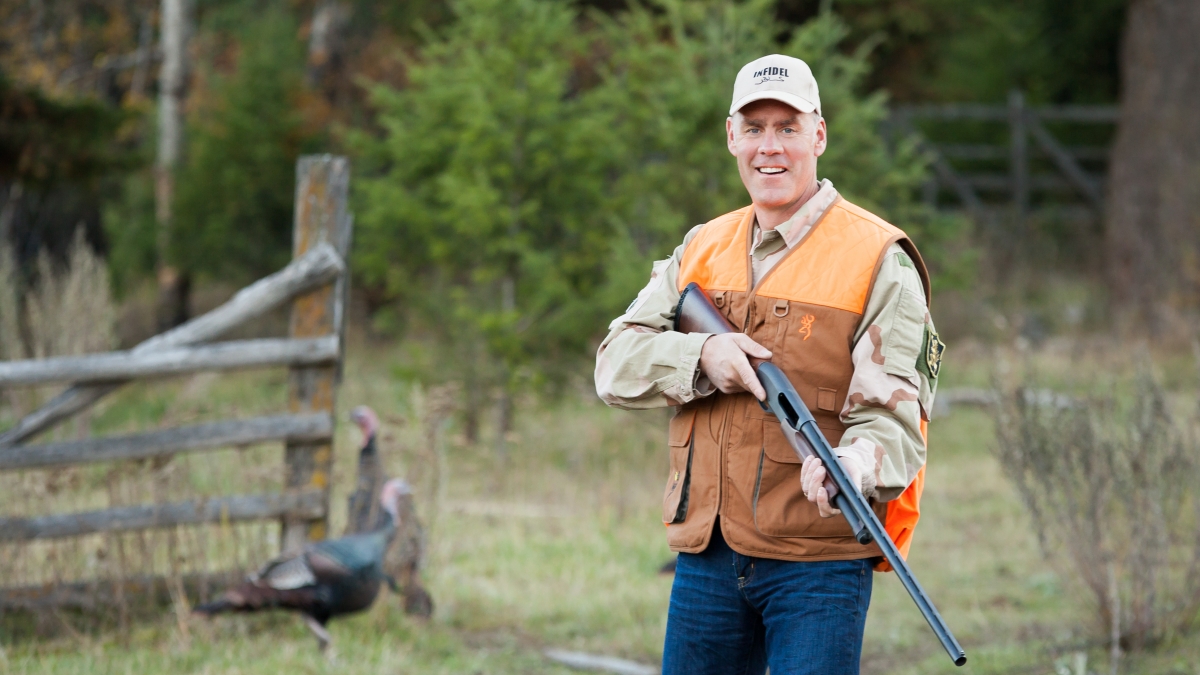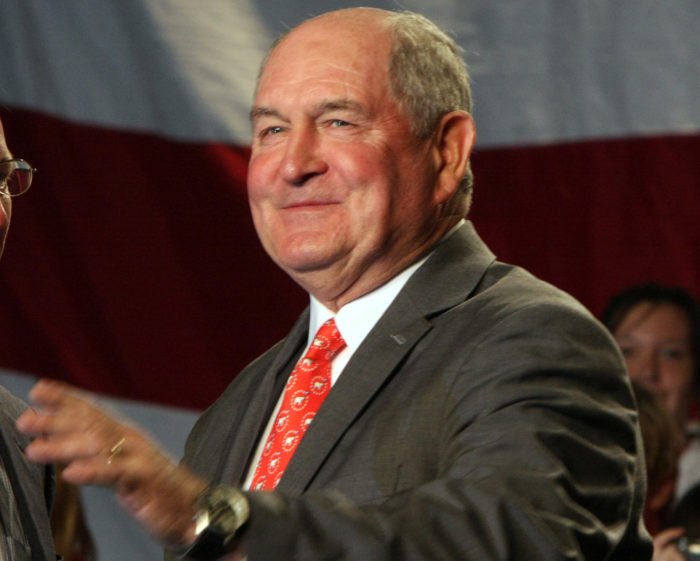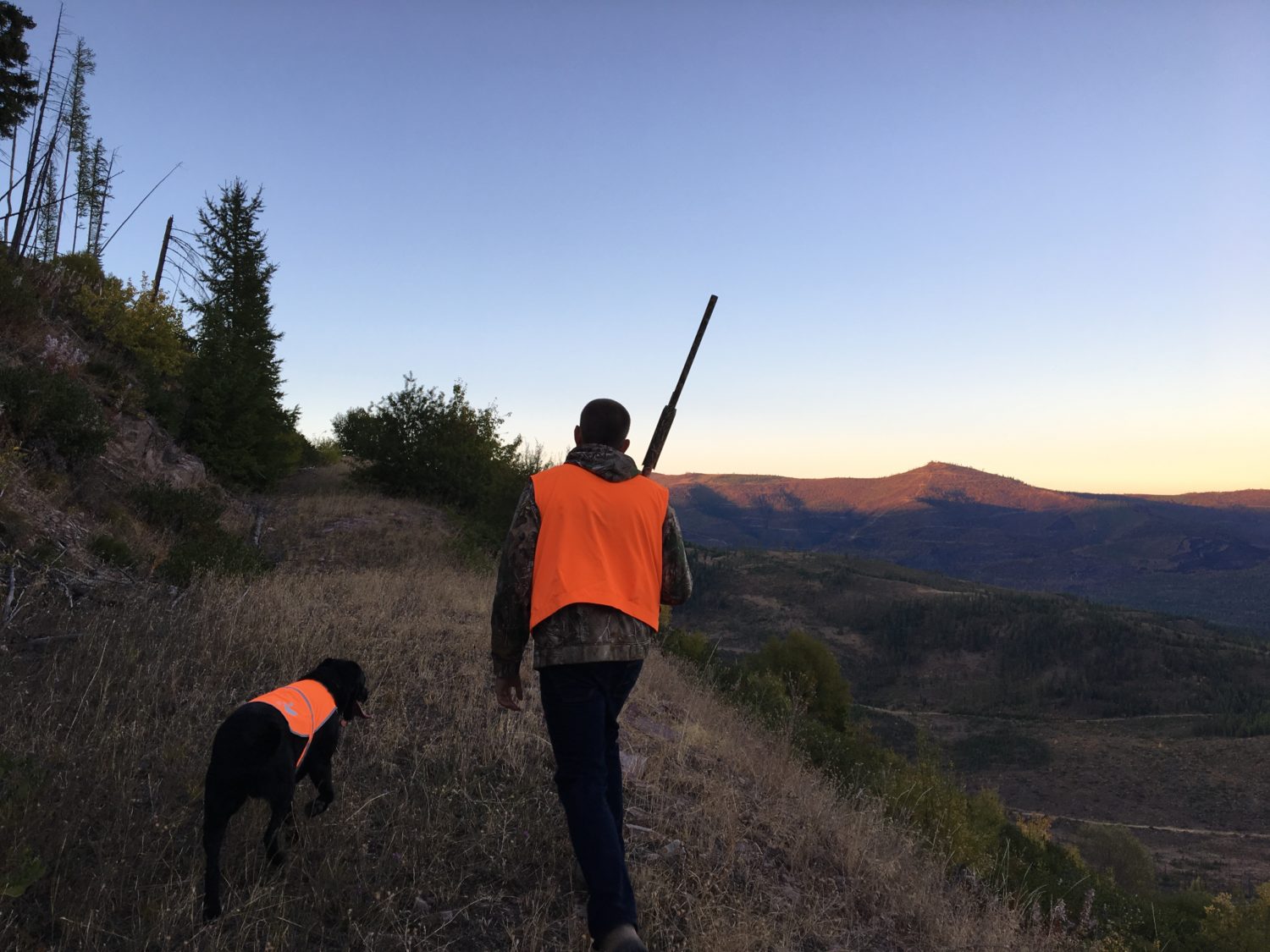In a contentious election year, it was tough to break through the noise and put a focus on conservation, but we did a lot more than just talk in 2016—read our annual report
One truism in Washington is that not much in the way of policy happens in an election year, and last year was no exception. Yet, 2016 was far from quiet for the Theodore Roosevelt Conservation Partnership, as we’ve outlined in our newest Annual Report. Primarily, we focused on building the strength of the sportsman’s voice in Washington and laying the foundation for campaigns to come.
To push back on the seizure or transfer of public lands that belong to all Americans, we continued using social media and old-fashioned shoe leather to organize hunters, anglers, and outdoor recreation business owners who depend on public lands. We took the fight to elected officials and, by the end of 2016, counties across the West passed resolutions opposing the transfer or sale of public lands valued by locals. Our public lands petition site at sportsmensaccess.org became the hub for activists across the country, with more than 50,000 people signing up to take action.

At the same time, the TRCP and our partners successfully defended the Obama administration’s landmark agreement on greater sage grouse conservation from congressional attacks. These legislative maneuvers would have ultimately undone collaborative efforts to conserve 350 different species in the sagebrush ecosystem and keep this iconic Western game bird off the endangered species list.
In an effort to inform hunters and anglers, and everyone else, about where the presidential candidates stood on conservation and access issues, we hosted a forum with each campaign’s top surrogate at our Western Media Summit in Fort Collins, Colo. The resulting one-hour interview with Donald Trump Jr., moderated by Field & Stream magazine, became the definitive source of intel on our future president’s commitment to the sporting community.
We also took advantage of the legislative lull to bring the hunting and fishing community together on future challenges, including the 2018 Farm Bill. More than 20 partner organizations came together for three days at the Max McGraw Wildlife Foundation facilities in Illinois to begin organizing for what will be an extremely important Farm Bill debate, one that will guide conservation on hundreds of millions of acres of private lands from Maine to Hawaii.
Our work on drought resiliency—a benefit to habitat and our fishing opportunities—continued, and by the end of 2016, more than half of the 20 priorities we’d previously identified as ways to get ahead of the next drought had been put into official policy. Similarly, to provide concrete recommendations on how the federal government could do a better job in managing marine fisheries, we organized and facilitated two workshops on “alternative management” tactics that could work better for recreational fishermen and conservation.
In addition, we worked with The Orvis Company to convene the communications leaders from our non-profit and corporate partners for a retreat to discuss new ideas for inspiring sportsmen and women to take action for conservation.
The goal of the TRCP is to unite and amplify the voices of sportsmen and women to create positive change for federal policy. We did that in 2016, both to address immediate challenges and to lay the groundwork for future success. On behalf of the TRCP board and staff, we thank you—our partners, members, funders, and many other supporters—for making this work possible.









